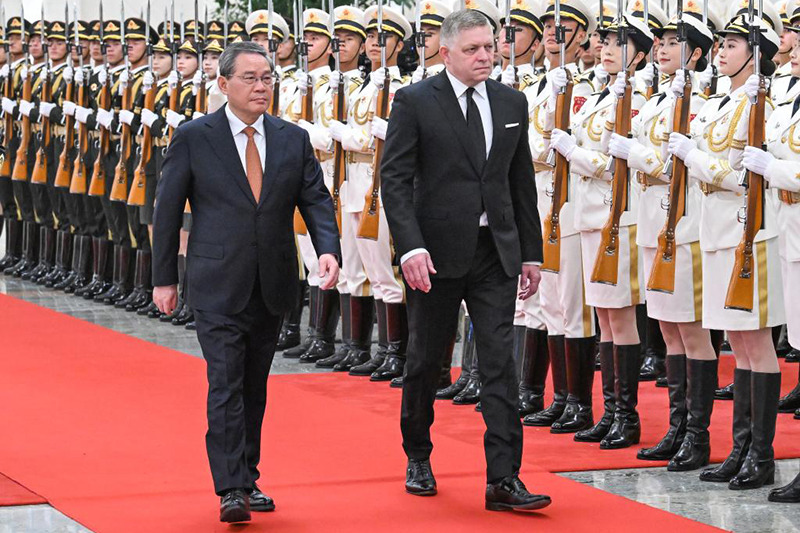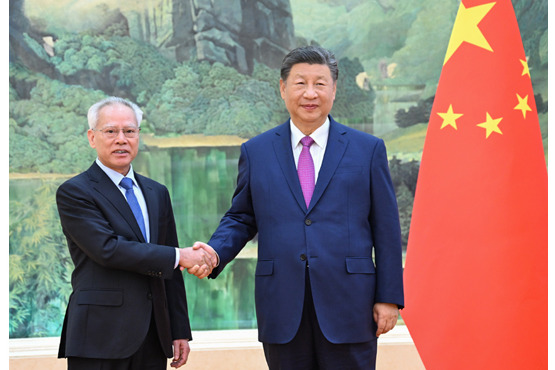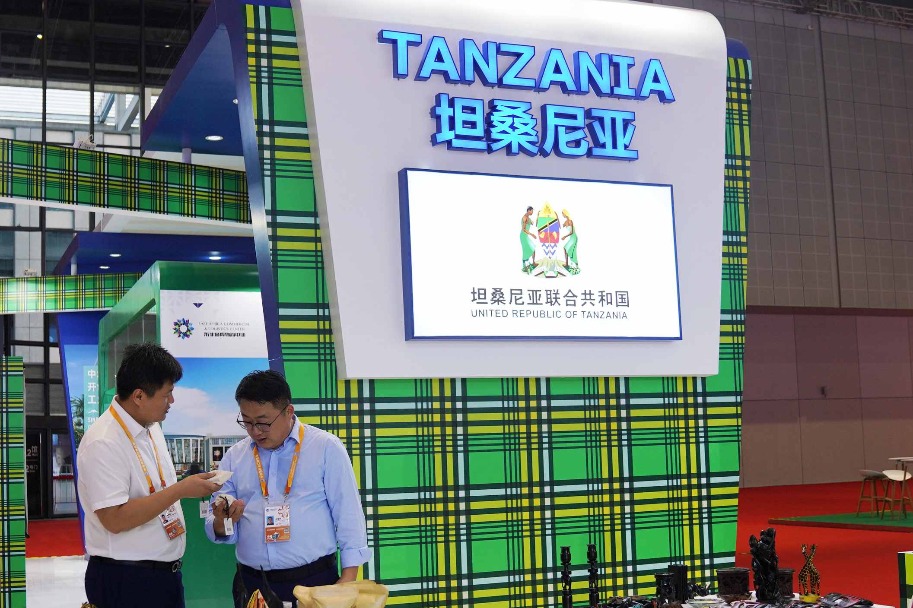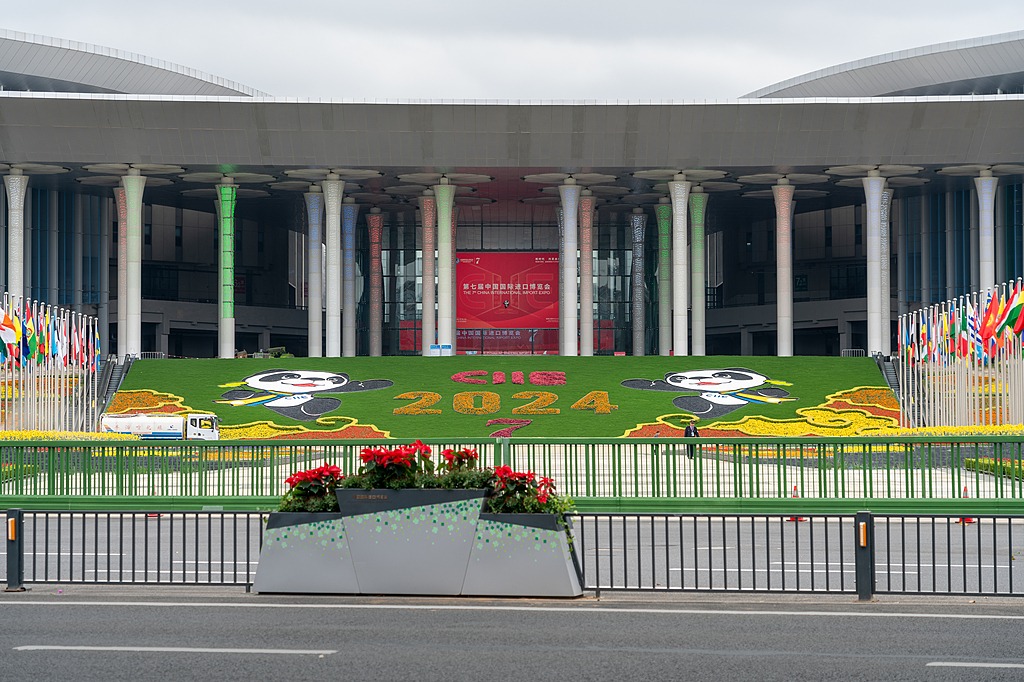Some curbs on buying in top cities to remain


Although speculation is rife that China's largest cities may further lift restrictions on home purchases, industry experts say certain existing requirements for buying houses in China's top-tier cities may, in fact, be necessary.
A meeting of the Political Bureau of the Communist Party of China Central Committee, held on Sept 26, noted that housing purchase restrictions should be adjusted to assuage public concerns.
In response, China's biggest cities, including Beijing, Shanghai, and Guangdong province's Guangzhou and Shenzhen, unanimously unveiled new policies to further free up the property sector late in September, with Guangzhou scrapping all existing home buying restrictions to become the first first-tier city to lift home purchase requirements.
Though the public expects more first-tier cities to follow suit, industry experts said that although there is large room for adjusting local housing policies, home purchase restrictions in the benchmark cities may not be lifted entirely.
"Mega-cities like Beijing and Shanghai may not fully lift purchase restrictions in their central districts. However, they may do so in suburban areas or specific development zones. Cities like Guangzhou and Shenzhen, on the other hand, are more likely to fully lift purchase restrictions," said Shaun Brodie, head of research content on the China market at Cushman & Wakefield, a global real estate services firm.
According to Brodie, the reasons for maintaining purchase restrictions include protecting land resources, controlling real estate market risks and ensuring residents' housing needs.
"Currently, the relaxation of the housing purchase policy in first-tier cities has shown initial results, with the residential market in these cities experiencing a general rebound. Looking forward, the possibility of lifting purchase restrictions in first-tier cities specifically depends on multiple factors such as policy, local market differences, market response, and regulatory effectiveness," Brodie said.
Chen Sheng, president of the China Real Estate Data Academy, said there is a unique phenomenon in the housing market: once super-sized cities totally repeal home purchase restrictions, buyers in neighboring cities will rush to buy homes in the big cities, leaving unsought properties in the surrounding smaller cities.
"To prevent such a scenario, mega cities won't fully remove their home buying restrictions. The easing of existing home purchase policies is closely connected to the recovery of the housing market in surrounding cities," Chen said.
"It is expected that governments at all levels will continue to optimize and adjust their respective policies in a timely manner in accordance with their conditions, but eliminating all existing home purchase restrictions in China's first-tier cities is unlikely in the near future," said Pang Ming, chief economist for JLL China.
"The biggest cities are more likely to relax restrictions on purchases, sales, home mortgages and prices," Pang said.
James Macdonald, head of Savills Research China, has a different opinion.
"Originally, purchase restrictions were implemented to cool overheated markets and prevent speculative investments from inflating prices, ensuring that the local people could access property at reasonable prices. While such policies can distort the market, they should be gradually phased out during periods of market weakness," Macdonald said.




































